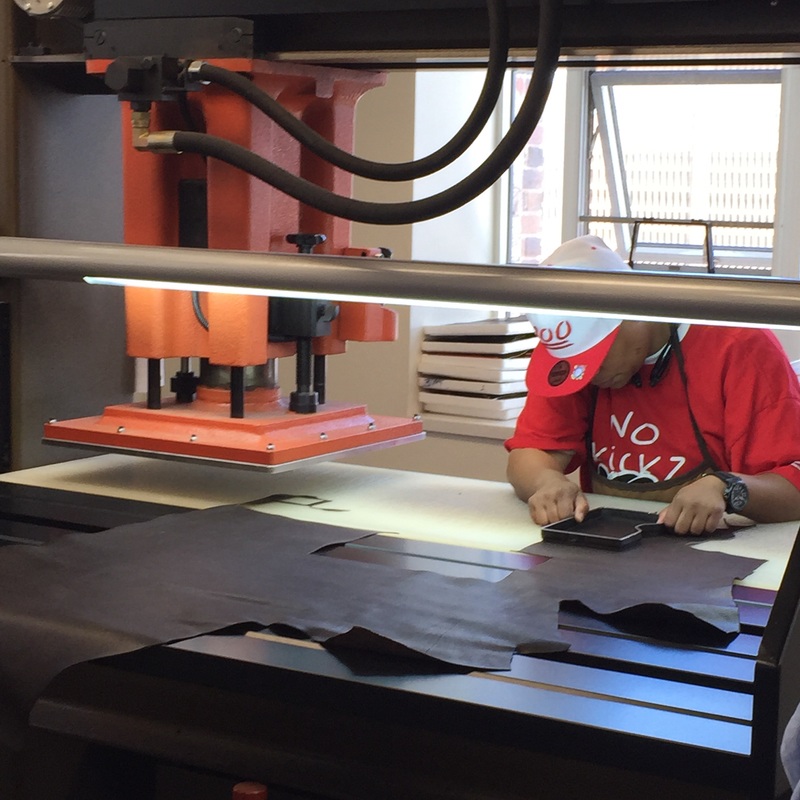 Leather is an imperfect good and therefore pieces cannot be simply cut by an automated machine. A worker must carefully examine each piece of leather and cut different shapes to maximize use of the leather while leaving out the parts that are scratched or too rough. The scraps are reused for the inner layers of watch bands.
Leather is an imperfect good and therefore pieces cannot be simply cut by an automated machine. A worker must carefully examine each piece of leather and cut different shapes to maximize use of the leather while leaving out the parts that are scratched or too rough. The scraps are reused for the inner layers of watch bands. As part of our work for TechTown’s DTX Launch Detroit program, we accompanied the other participants on a tour of the Shinola factory, a Detroit based retail manufacturing company whose premise is bringing handmade manufacturing back to the United States. Tom Kartsotis founded the company in 2011 after leaving Fossil where he was a founding member. They began in Detroit to tap into the great manufacturing history of the city and to create jobs and build new skills for local Detroiters. They currently handcraft all their leather goods, watches being the most popular item, and build bikes by hand, all at their locations in Detroit. The name of the company comes from an old shoe shine brand that was popularized by the military during WWI and WWII, where the saying “He can’t tell shit from Shinola” originated from a young cadet’s remarks when his captain forced him to shine his shoes.
It was awesome to see the inner-workings of a young business, one that is building a great brand behind a compelling story and trying to create a new market for luxury goods in Detroit. I even felt a bit self-conscious wearing a cheap, 30$ watch that I purchased online. Albeit being very young and still expanding, I was very surprised to hear that Shinola’s profits are still not in the black. What’s more amazing, is that of their stores across the country in LA, New York, Austin, Chicago, DC, and even in London, UK, the Detroit store outsells them all by a factor of 10. Although they may not have tasted true success yet, they are clearly fighting the good fight. Shinola is pioneering a new (old) market for luxury, handmade goods, and businesses like these that promote growth in the city are necessary to create positive social change. Starting in the former manufacturing capital of the country in Detroit is a no-brainer, and the success of the Detroit store is a testament to that. Detroiters do indeed have money to spend on luxury goods and are interested in a brand that is part of the revival of the city. The social change behind what they are doing is the most important part of their branding; they are creating new jobs, teaching new skills to Detroiters from all walks of life (they had to bring in watchmakers from Switzerland to train their employees through a rigorous 8 month process, and the original team now trains new hires, none of which have previous watchmaking experience, obviously, and come from backgrounds like automobile manufacturing or sales), and trying to bring prestige and respect to the manufacturing industry, sentiments that were lost after the Industrial Revolution simplified production. One day, when I have the fashion sense to “tell shit from Shinola” and the financial capacity to afford one of their watches I definitely plan to buy one myself.
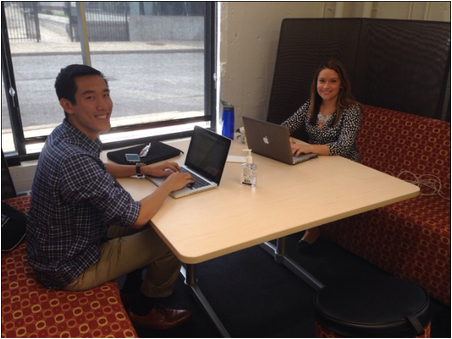

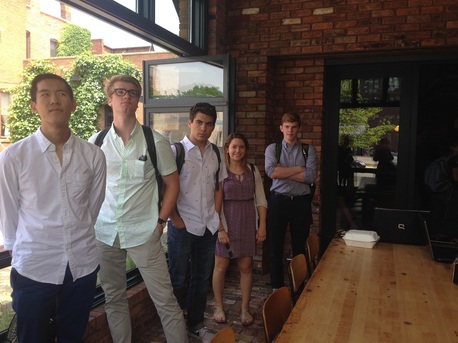
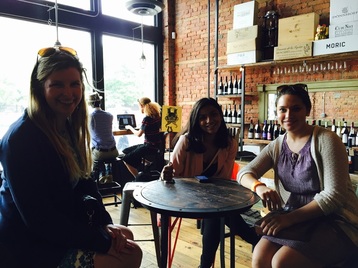
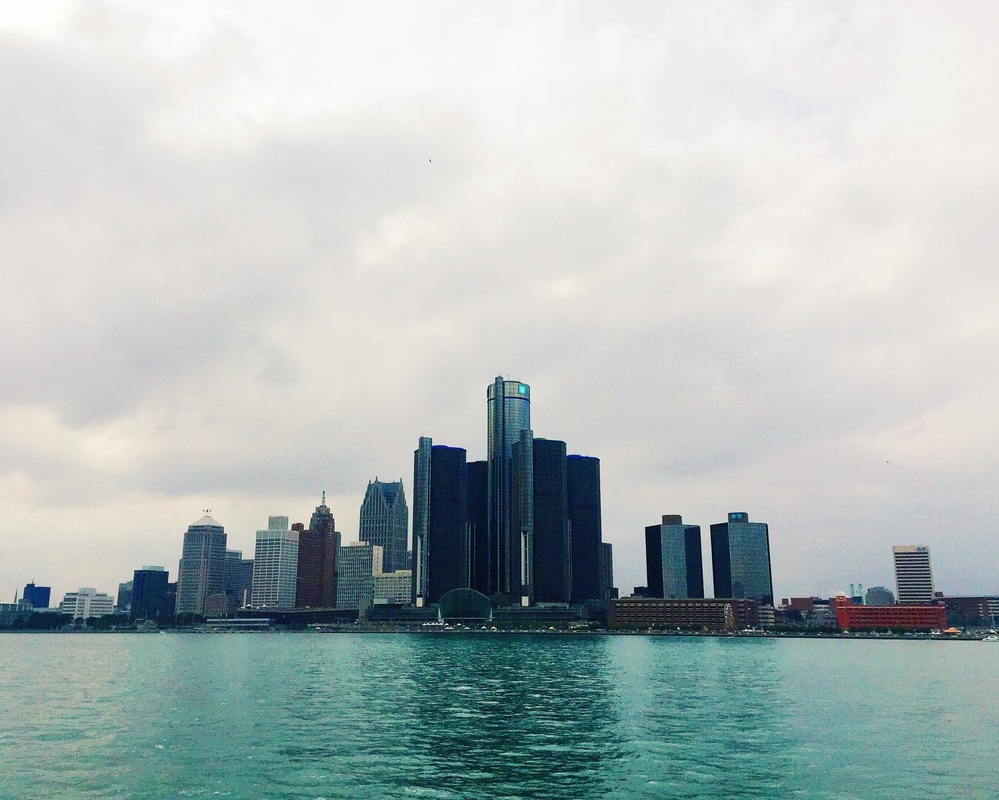
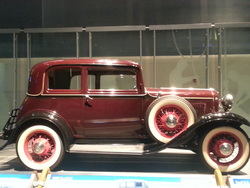
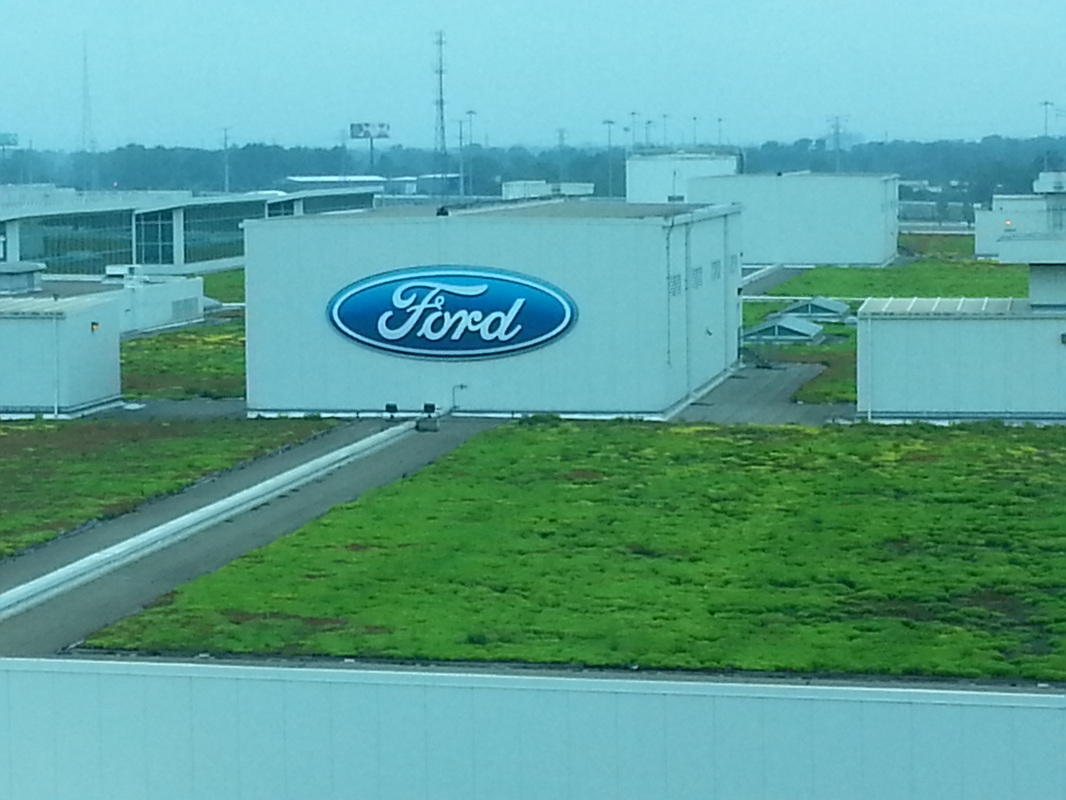
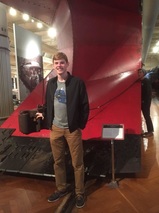
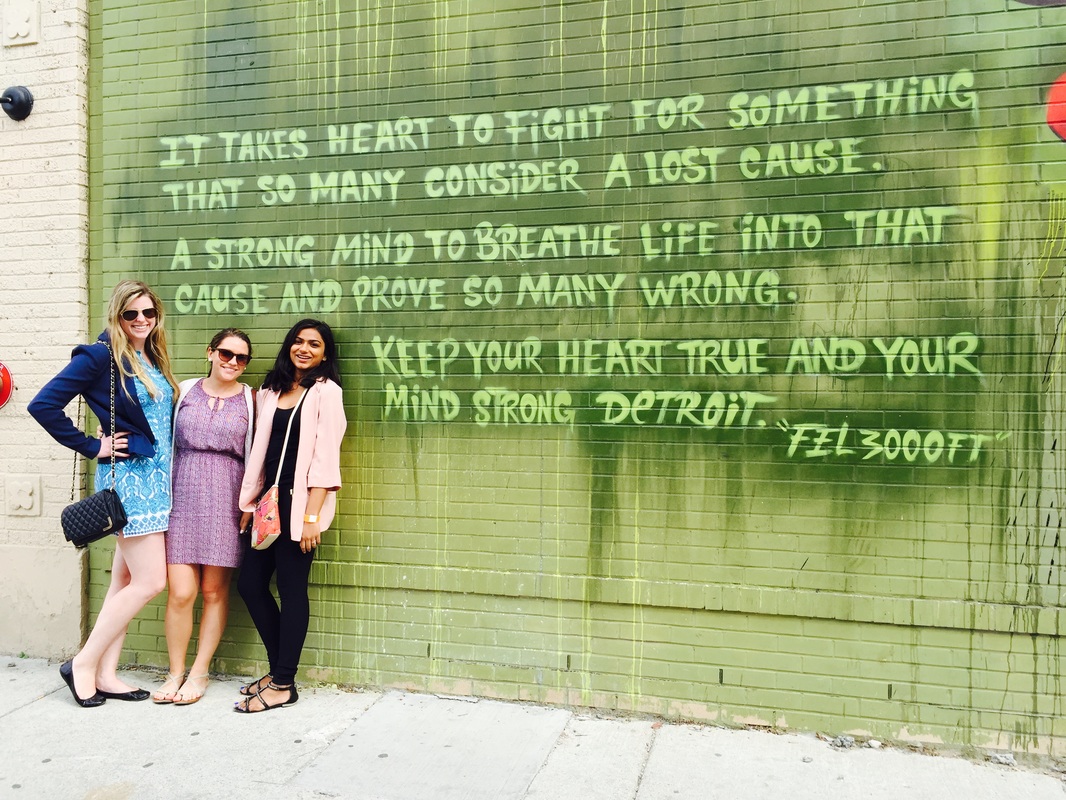
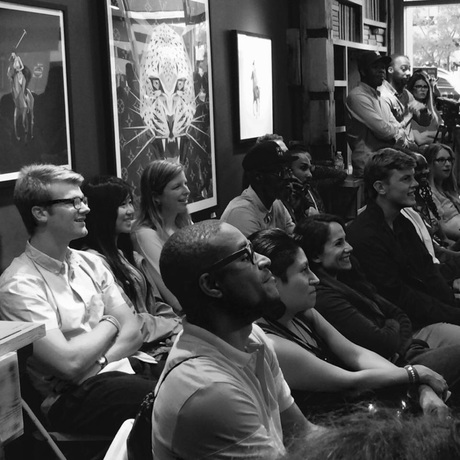
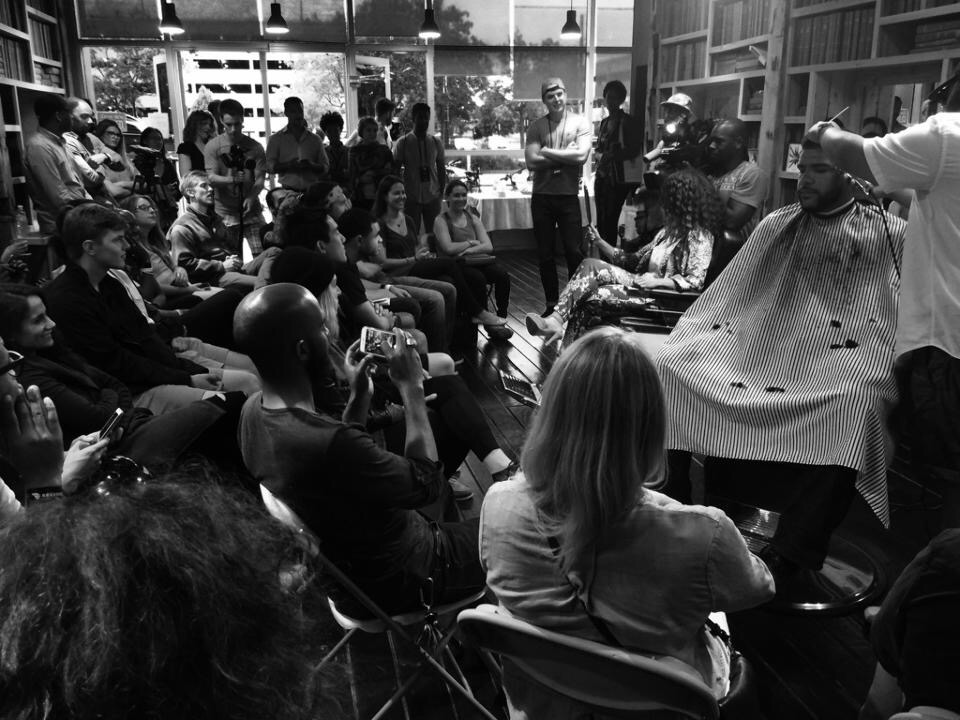
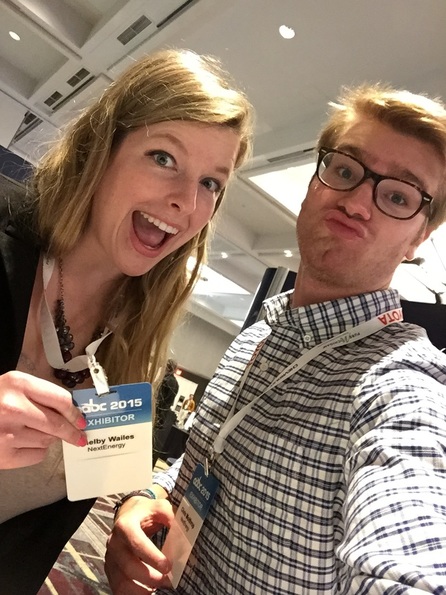
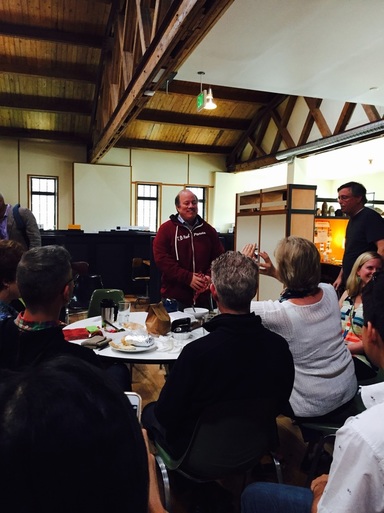
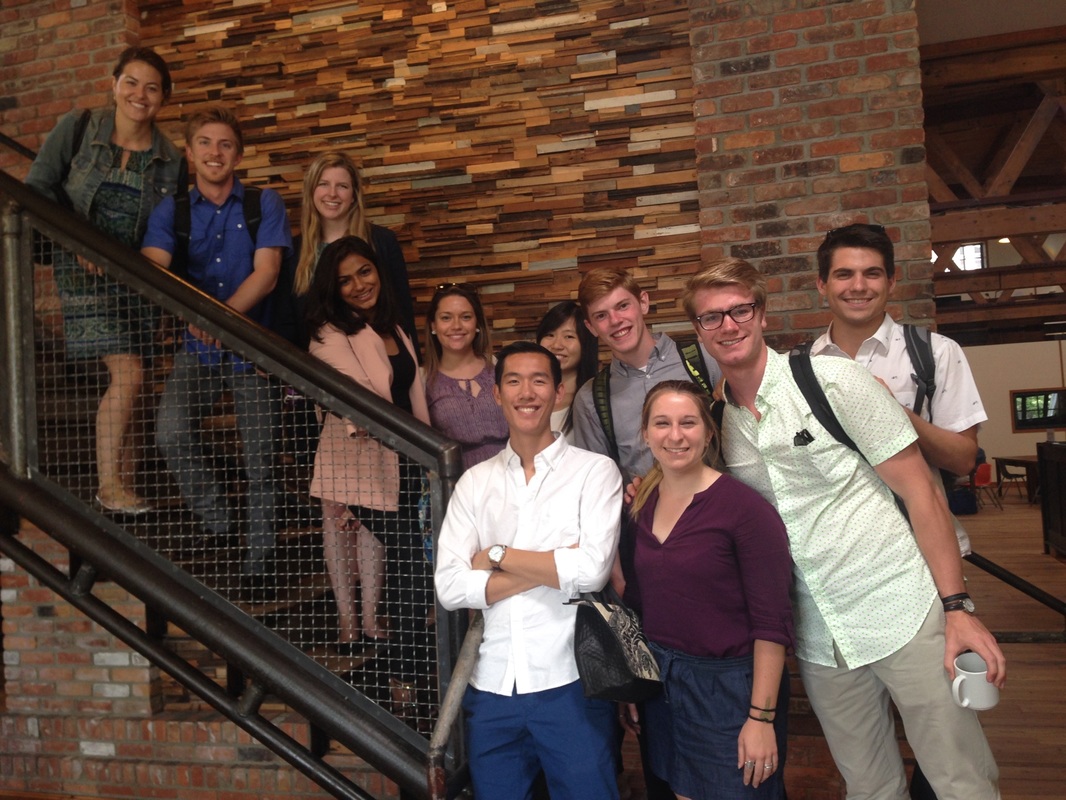
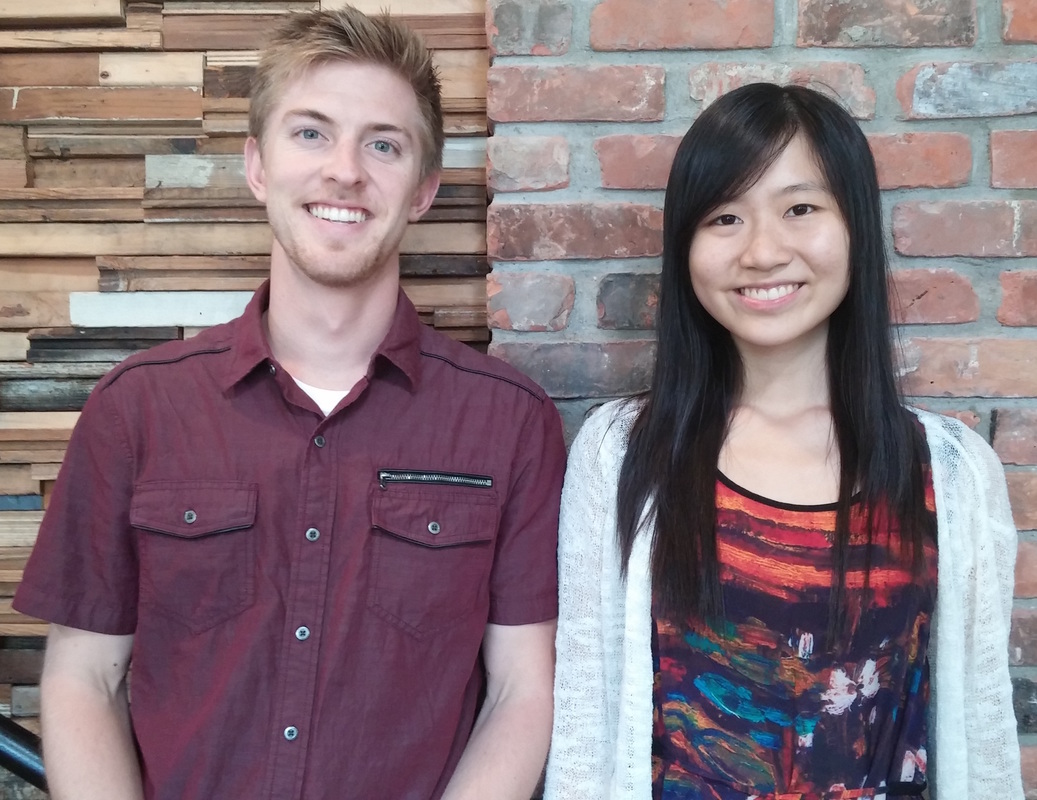
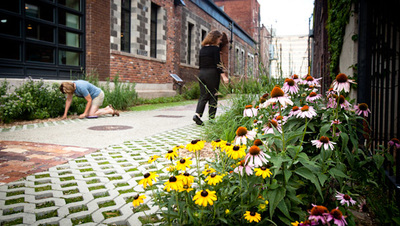
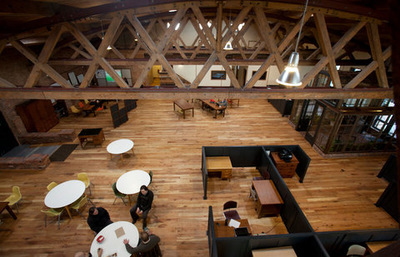
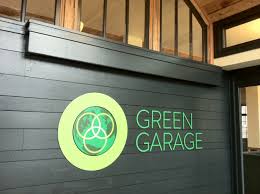
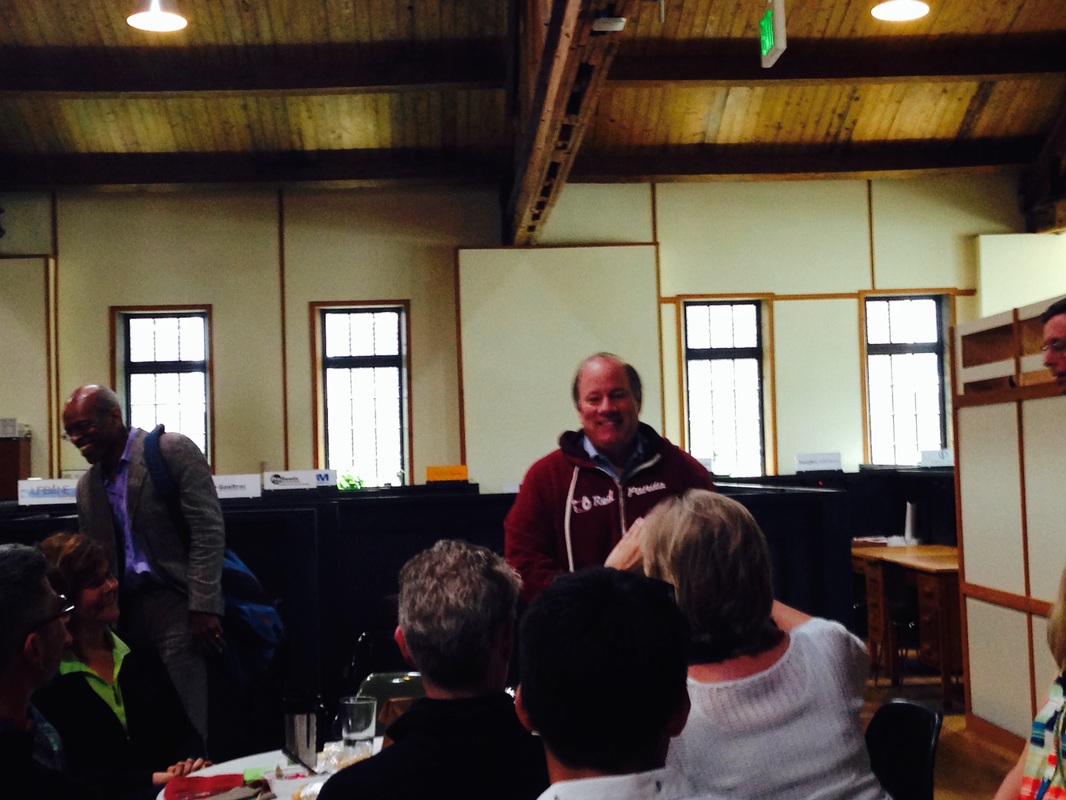
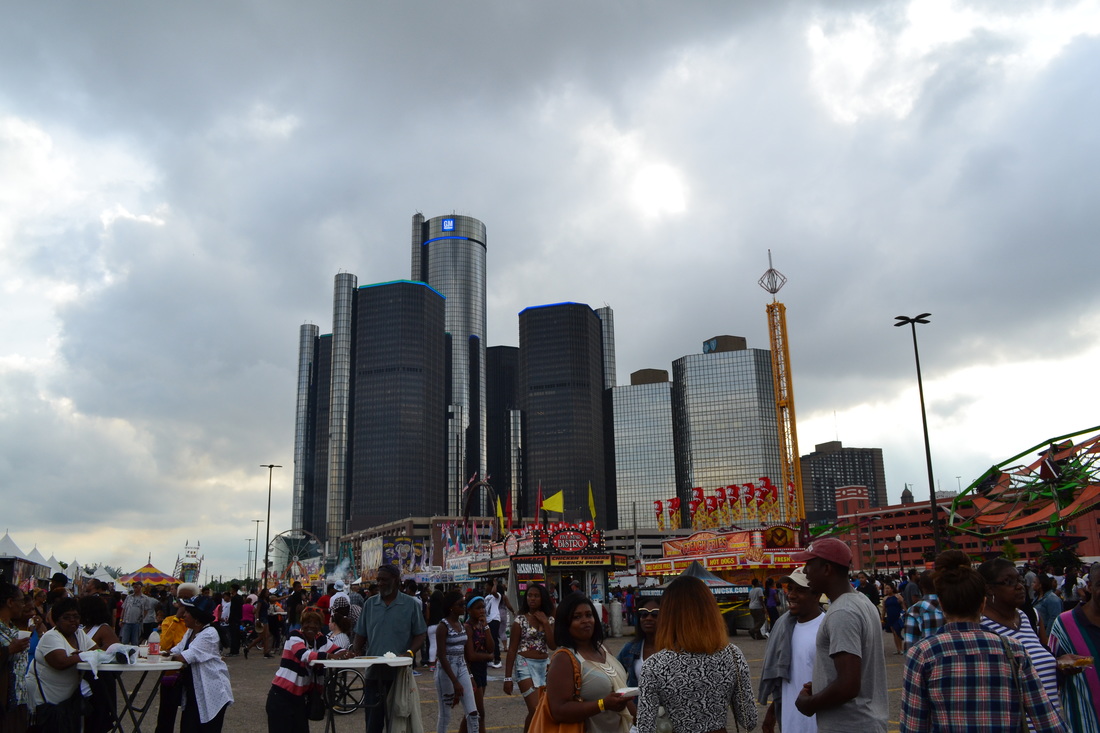
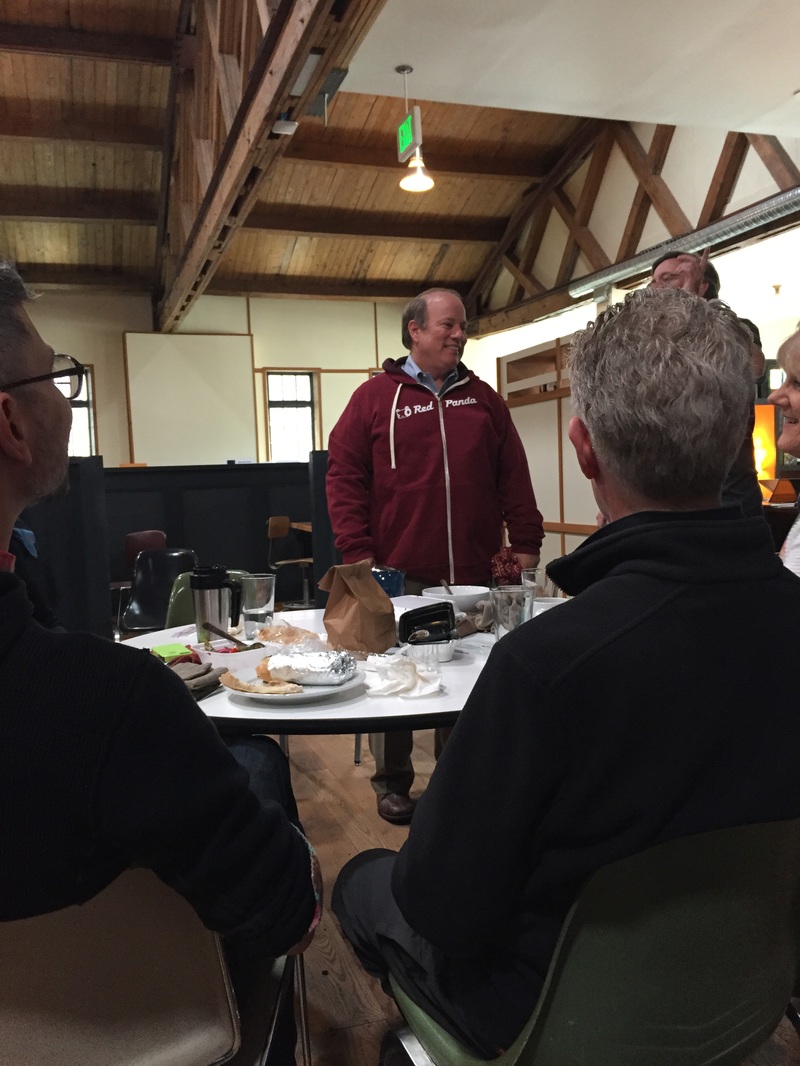
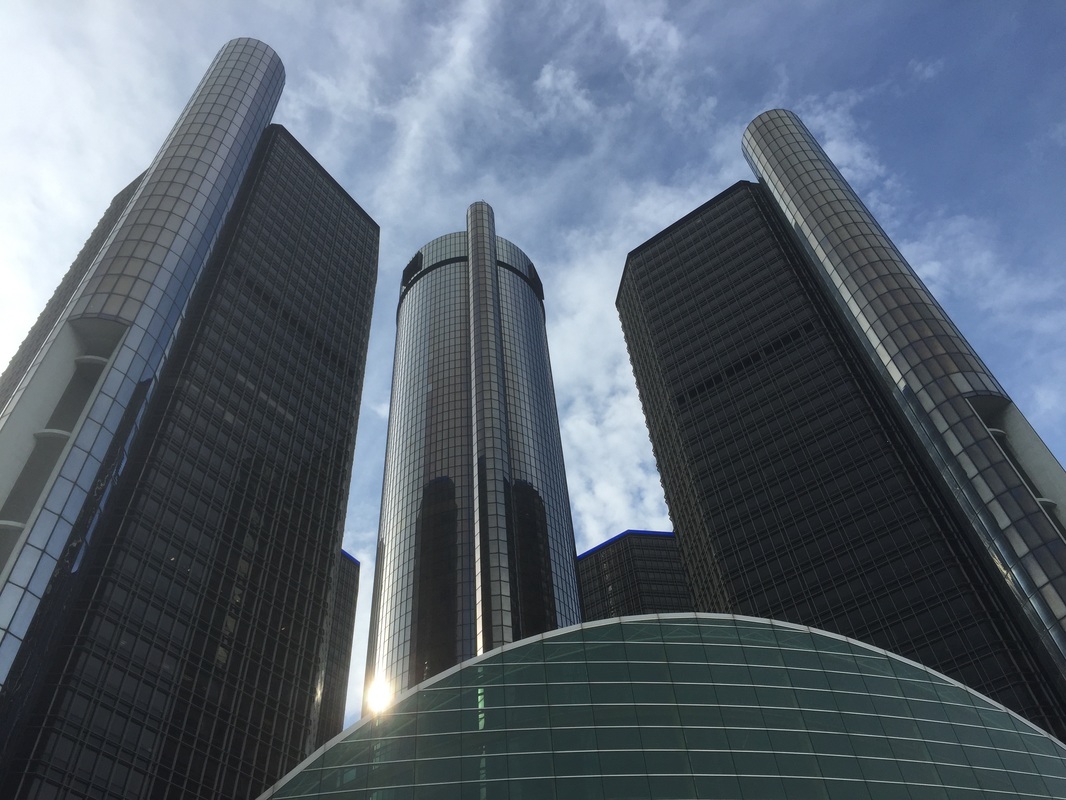
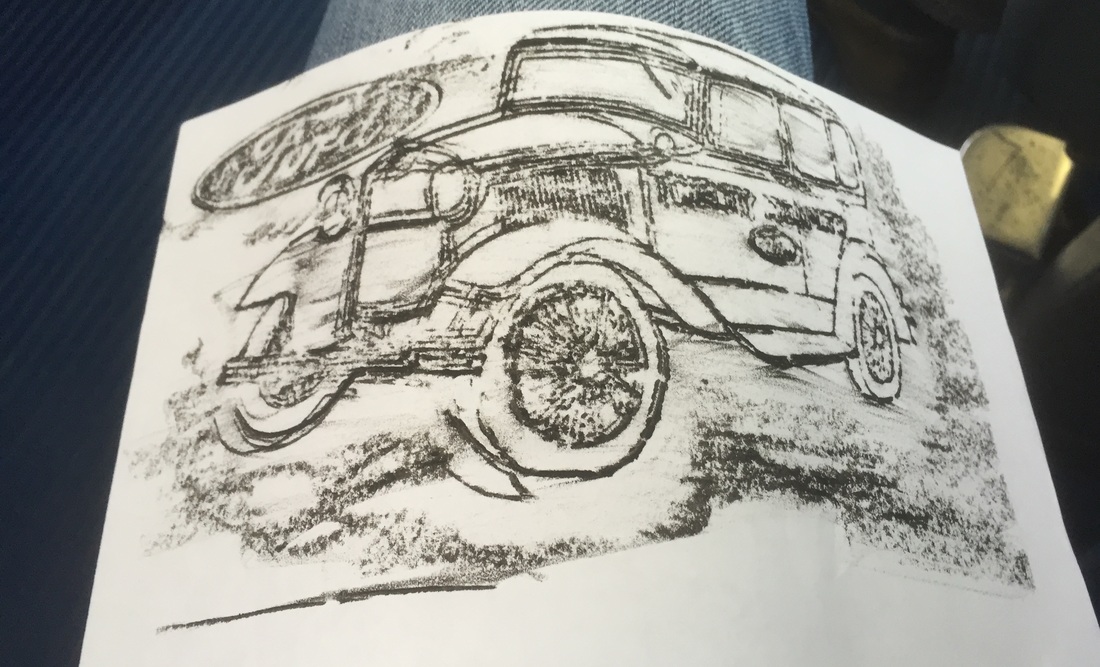
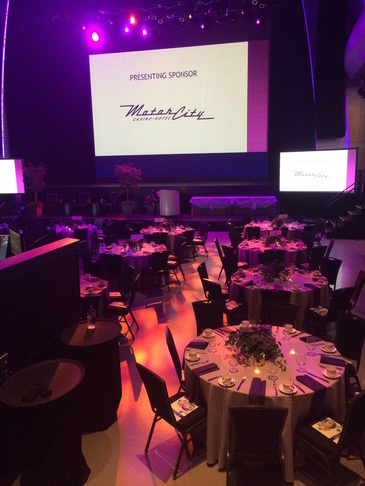
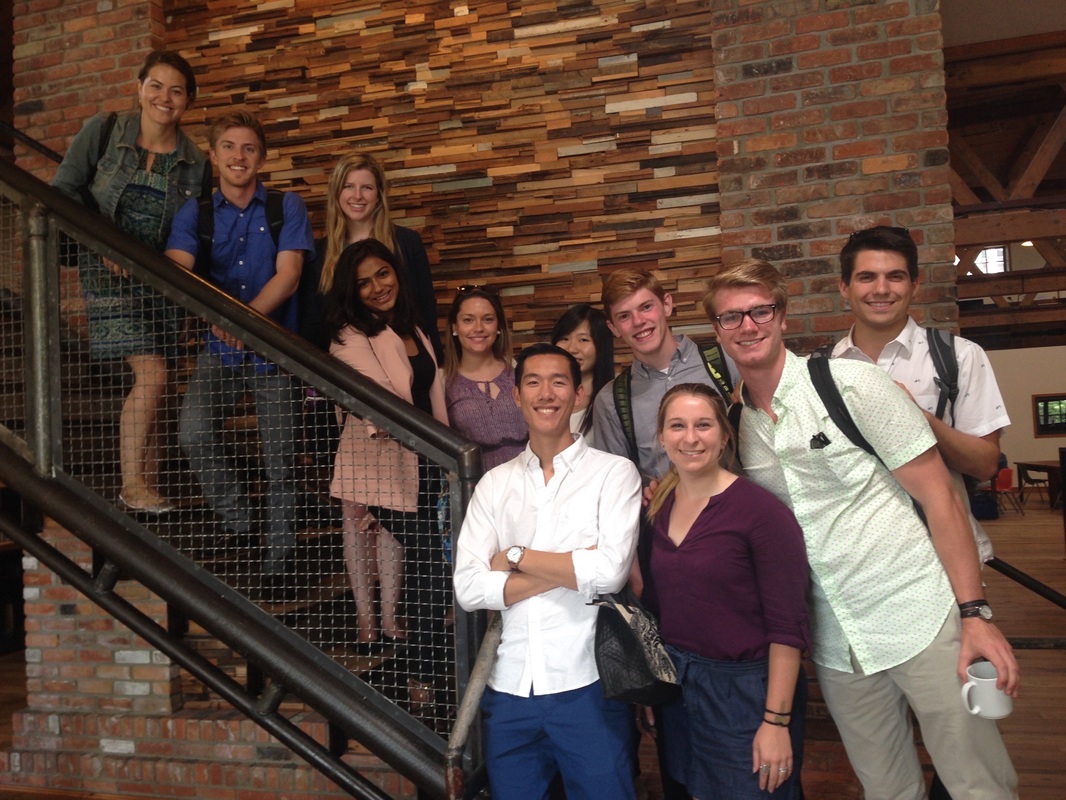
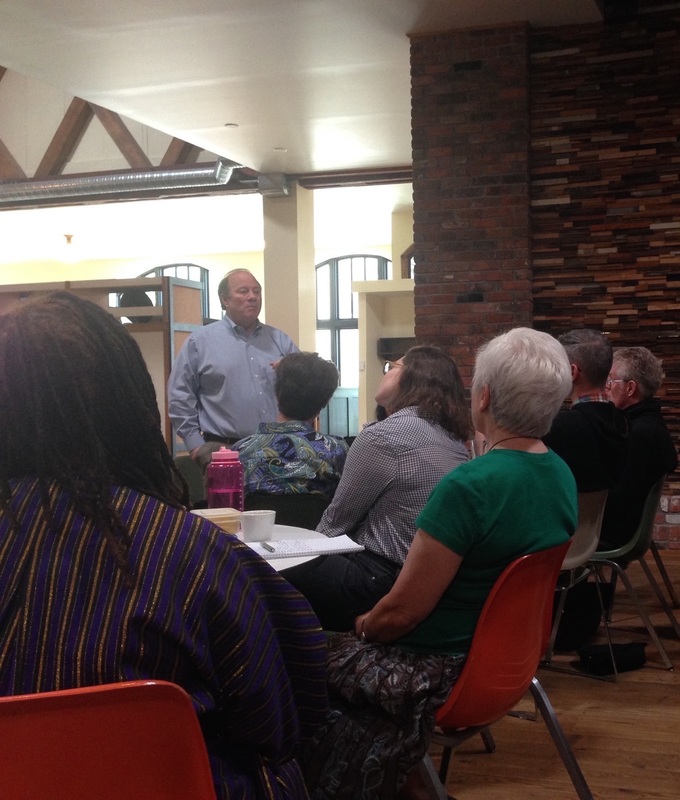
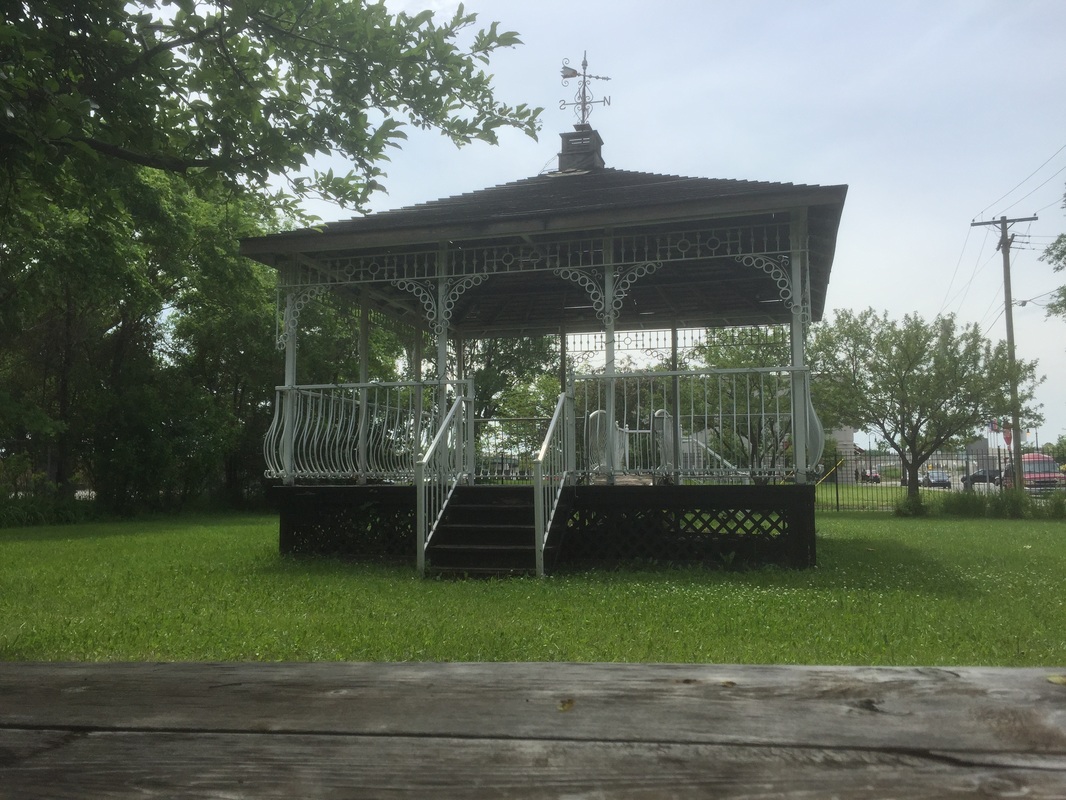
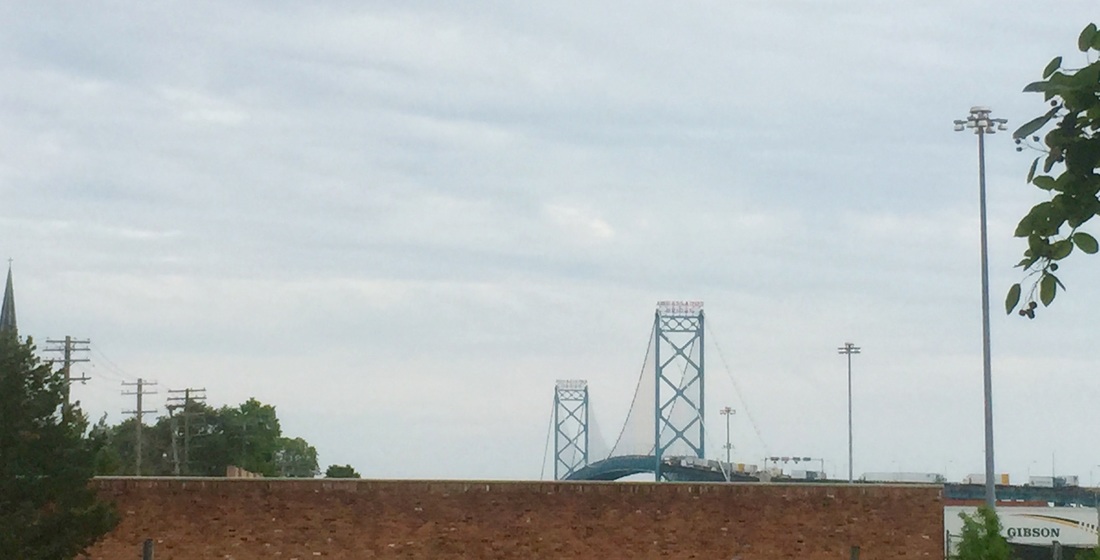
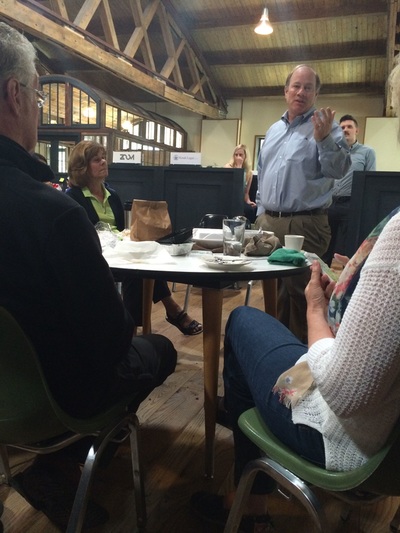
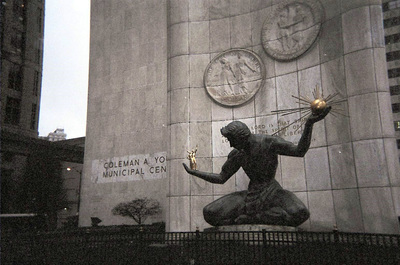
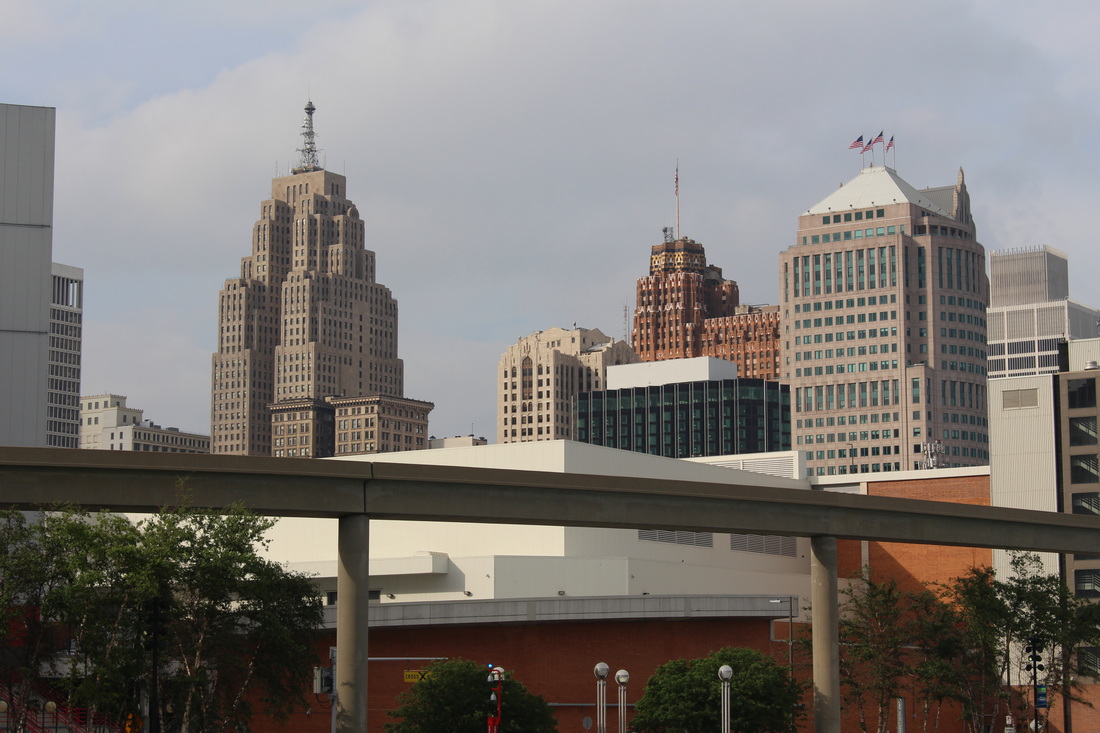
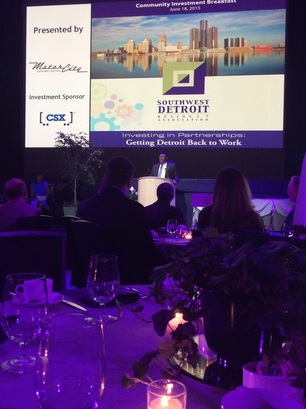
 RSS Feed
RSS Feed
